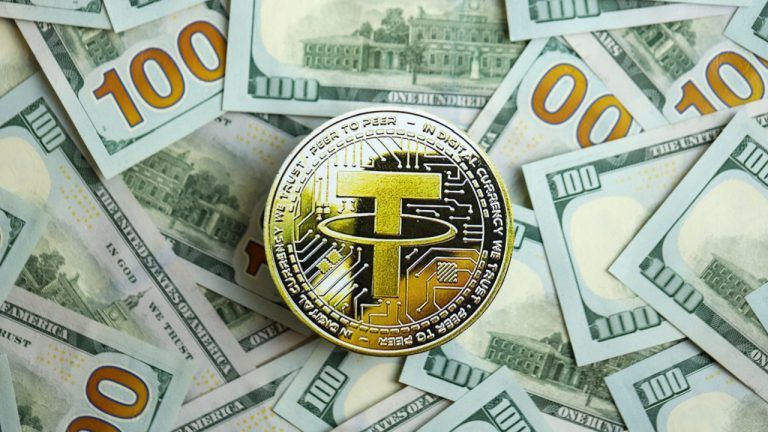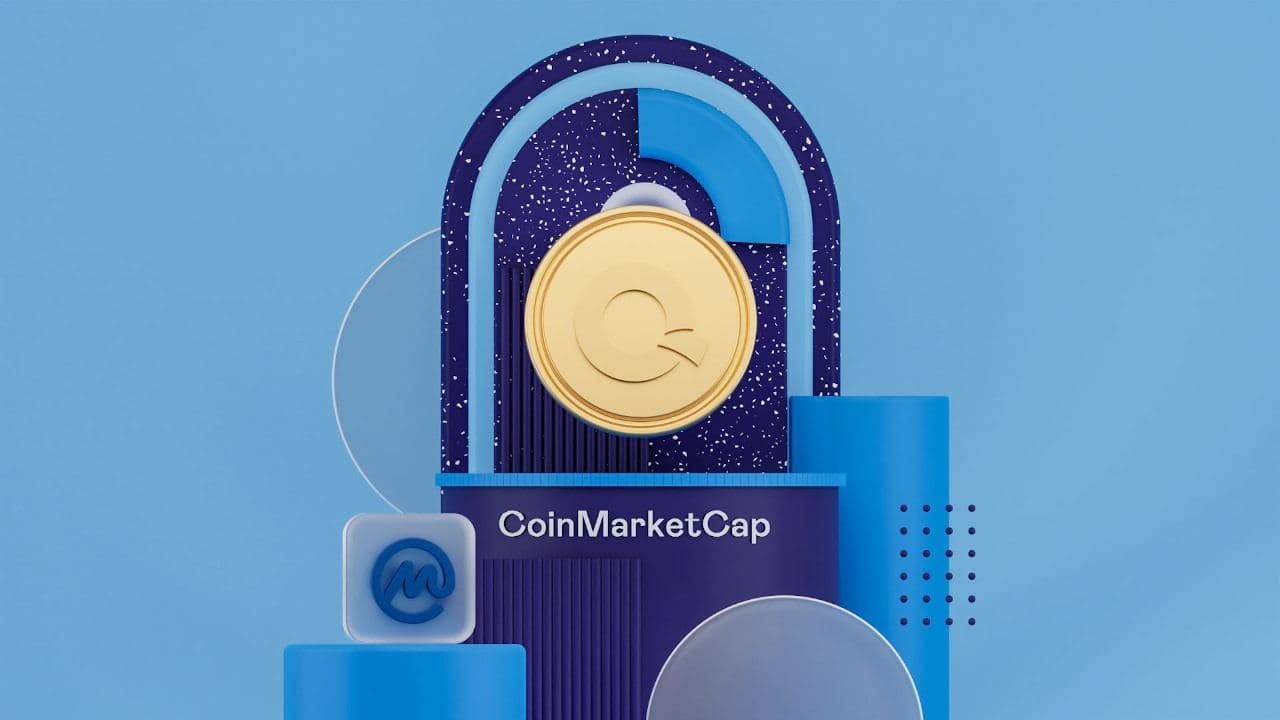
Ice phishing is a type of scam that exists only in Web3 and is a “considerable threat” to the crypto community, said the firm.
Blockchain security company CertiK has reminded the crypto community to stay alert over “ice phishing” scams — a unique type of phishing scam targeting Web3 users — first identified by Microsoft earlier this year.
In a Dec. 20 analysis report, CertiK described ice phishing scams as an attack that tricks Web3 users into signing permissions which end up allowing a scammer to spend their tokens.
This differs from traditional phishing attacks which attempt to access confidential information such as private keys or passwords, such as the fake websites set up which claimed to help FTX investors recover funds lost on the exchange.
#CertiKSkynetAlert
— CertiK Alert (@CertiKAlert) December 20, 2022
1/ Ice phishing is a considerable threat to the Web3 community
Instead of gaining accessing to your private key, scammers trick you into signing permissions to spend your assets.
We’ll outline below what to look out for, and how to protect yourself!
A Dec. 17 scam where 14 Bored Apes were stolen is an example of an elaborate ice phishing scam. An investor was convinced to sign a transaction request disguised as a film contract, which ultimately enabled the scammer to sell all of the user's apes to themselves for a negligible amount.
The firm noted that this type of scam was a “considerable threat” found only in the Web3 world, as investors are often required to sign permissions to decentralized finance (DeFi) protocols they interact with, which could be easily faked.
“The hacker just needs to make a user believe that the malicious address that they are granting approval to is legitimate. Once a user has approved permissions for the scammer to spend tokens, then the assets are at risk of being drained.”
Once a scammer has gained approval, they are able to transfer assets to an address of their choosing.

To protect themselves from ice phishing, CertiK recommended that investors revoke permissions for addresses they don’t recognize on blockchain explorer sites such as Etherscan, using a token approval tool.
Related: $4B OneCoin scam co-founder pleads guilty, faces 60 years jail
Additionally, addresses that users are planning to interact with should be looked up on these blockchain explorers for suspicious activity. In its analysis, CertiK points to an address that was funded by Tornado Cash withdrawals as an example of suspicious activity.
CertiK also suggested that users should only interact with official sites they are able to verify, and to be particularly wary of social media sites like Twitter, highlighting a fake Optimism Twitter account as an example.

The firm also advised users to take a couple of minutes to check a trusted site such as CoinMarketCap or Coingecko, users would have been able to see that the linked URL was not a legitimate site and should be avoided.
Tech giant Microsoft was the first one to highlight this practice in a Feb. 16 blog post, saying at the time that while credential phishing is very predominant in the Web2 world, ice phishing gives individual scammers the ability to steal a chunk of the crypto industry while maintaining “almost complete anonymity.”
They recommended that Web3 projects and wallet providers increase the security of their services on the software level in order to prevent the burden of avoiding ice phishing attacks being placed solely on the end-user.










